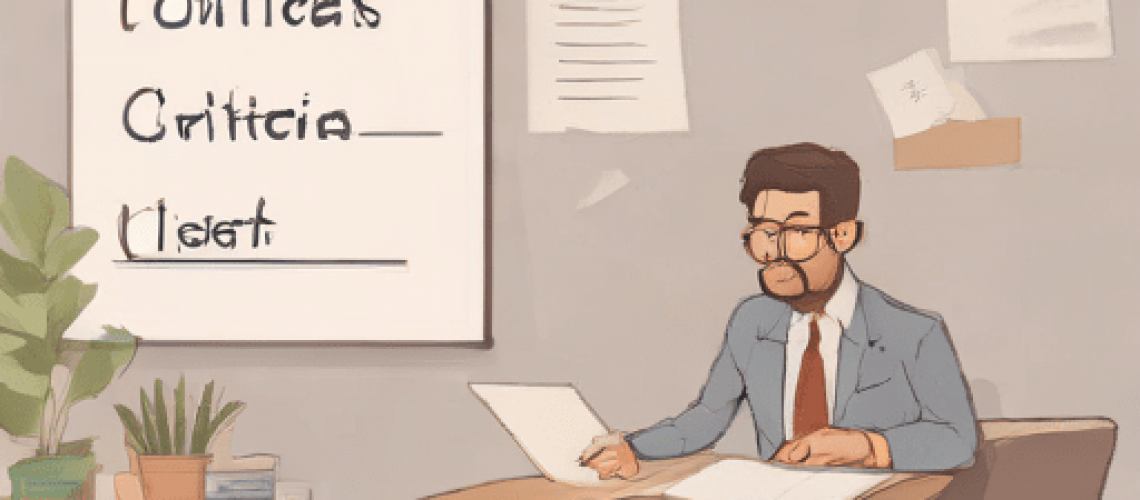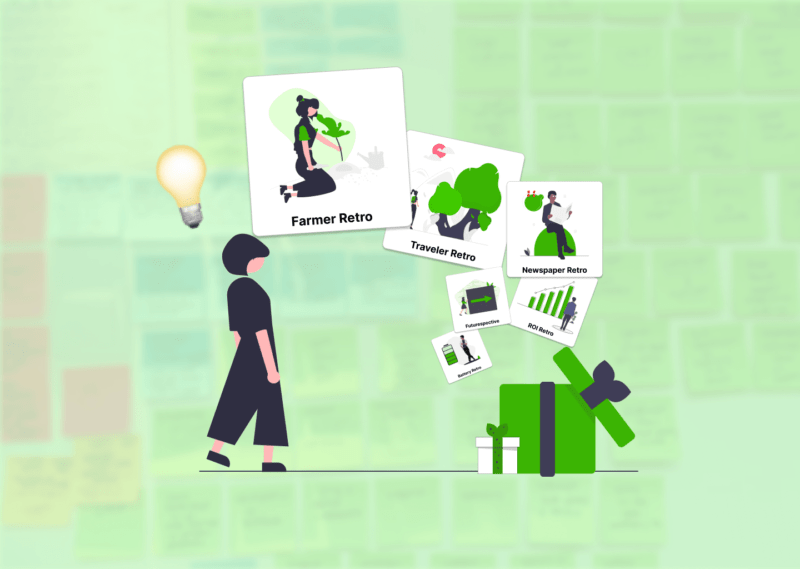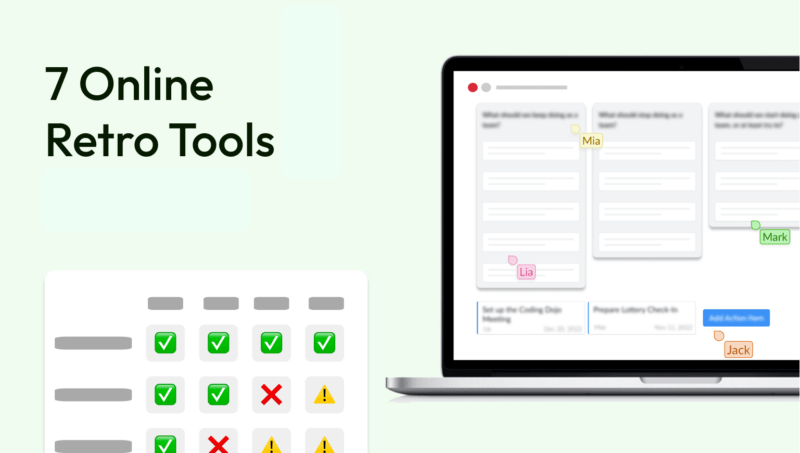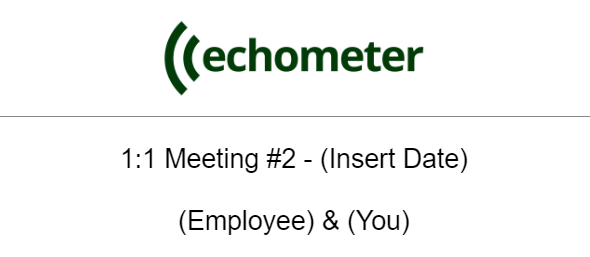Are you about to be interviewed for the position of Scrum Master and wondering how you can make a lasting impression? Don't worry, we have the answers for you. By the way, here's a question you can prepare for: Why did you become a Scrum Master? First, let's explore together how you envision yourself as a Scrum Master.
How to introduce yourself as a Scrum Master in a job interview
The beginning of the interview
First impressions count. In this respect, your introduction is crucial. Here are a few tips on how you can succeed.
Brief personal statement
Prepare a short statement that tells the interviewer who you are and what position you are applying for. Keep it short and sweet to make the interview process efficient. More on this below.
Why you, and why exactly in this company
The core of your introduction should be a template for the rest of the interview. It's best to sow a few seeds of conversation that the interviewer can pick up afterwards – on exactly the topics you are particularly good at.
Example: "The job description says that this is a hybrid team and that a B2C app is being developed. I've already done exactly that in a company that is very similar to yours. But why I'm even more interested in yours: I want to develop myself further – and you work in the SAFe framework!
Short introduction with a smile
As soon as the interviewer appears, smile, hold out your hand and introduce yourself confidently. Say your name loudly and clearly. When the interviewer introduces themselves, respond with a friendly "Nice to meet you, [interviewer name]." Remember to maintain eye contact – a sign of confidence.

The interview introduction is important, but it's not everything. So here are a few more tips to help you make a good impression. You can include the following aspects
How to introduce yourself as a Scrum Master in a job interview
Why did you become a Scrum Master? A few tips
The question "Why did you become a Scrum Master?"
The frequently asked question of why deserves a clear answer. Think about it beforehand, listen to yourself.
An example answer to the question "why did you become a Scrum Master" looks like this: "I firmly believe that you are particularly good at your work if you can combine it with personal, intrinsic interests. And that's exactly what I do as a Scrum Master: enabling and coaching others so that they can do their work more and more successfully. I love standing up for others and getting more out of them."
Understanding of the Scrum principles
Demonstrate a solid understanding of the principles and values of Scrum. If necessary, revisit how they are applied in practice and what benefits they bring to the team and the company – This last part in particular is important. Because let's be honest: it's not about Scrum! It's about a successful team in a successful company, no matter how.
Sharing experiences and successes
In your resume and during the interview, highlight specific projects or experiences where you were successful as a Scrum Master (or similar positions). Emphasize how you removed obstacles and made the team more effective. Citing example situations is absolutely encouraged!
Questions about corporate culture
Ask specific questions about the corporate culture and show interest in how Scrum or agile methods have been integrated into the existing company structure so far. This shows that you approach challenges systematically.
Questions about current goals and challenges
You want to prepare yourself for your job and demonstrate self-confidence. In this respect, you can also ask at the interview what your goals are for the position and what challenges you are currently facing.
Understanding of product development
Emphasize your understanding of the entire product development process. Scrum Masters should not only pay attention to team dynamics, but also understand the context of product development to better collaborate with product managers and other stakeholders.
Highlight measurable successes
If possible, bring in concrete metrics or KPIs that quantify the success of your previous projects as a Scrum Master. This could include improving delivery speed, reducing error rates or increasing customer satisfaction.
Closing with a strong impression
What does a good Scrum Master do? They are good at summarizing meetings efficiently. So: At the end of the interview, briefly summarize why you are the ideal Scrum Master for the team and the company. Show enthusiasm and be prepared to have further discussions.
Your goals and way of working: Data-driven coaching
As already mentioned, the supreme discipline is to be able to show your success in figures. In this respect, you can definitely try to incorporate your own coaching philosophy into the conversation. This blog post could help you with this: How to answer the most difficult question in a job interview.
The following tip could also be interesting for you.

How to introduce yourself as a Scrum Master in a job interview
Developing data-driven teams
If you like working with OKRs, i.e. clear targets and metrics, and would like to emphasize this in the interview, then Echometer could be of interest to you.
Welcome to Echometer: Echometer is a digital tool that helps agile team leads with agile retrospectives and team Health Checks. Whether remote, hybrid or on-site: We make team coaching measurable and thus professionalize your work, while saving you a lot of work on the side. Just take a look at our website to find out more: www.echometerapp.com.
"A smart Scrum Master tries to positively influence (meaningful) agile metrics and document these influences."
Christian Heidemeyer, Psychologist & Scrum Master
How to introduce yourself as a Scrum Master in a job interview
Conclusion - Why did you become a Scrum Master?
In an agile job interview as a Scrum Master, every gesture counts. From a firm handshake to clear, short statements – stick to the agile principles. Your self-presentation should be like a sprint: efficient, focused and focused on the goal.
Finally, another quick hint: If you would like to know how it feels to develop your team with our tool: You can start an agile retrospective below without logging in, in this case the "Keep, Stop, Start" workshop.
Alternatively, simply forward our website to the responsible colleagues: www.echometerapp.com.







